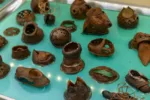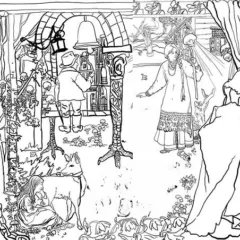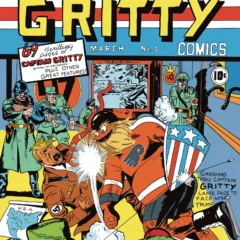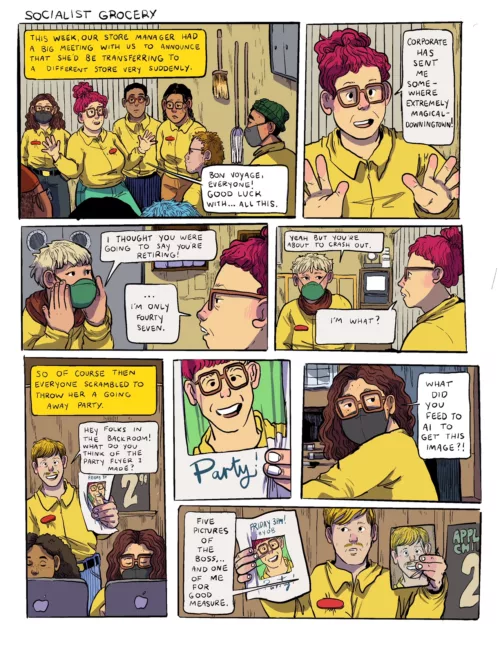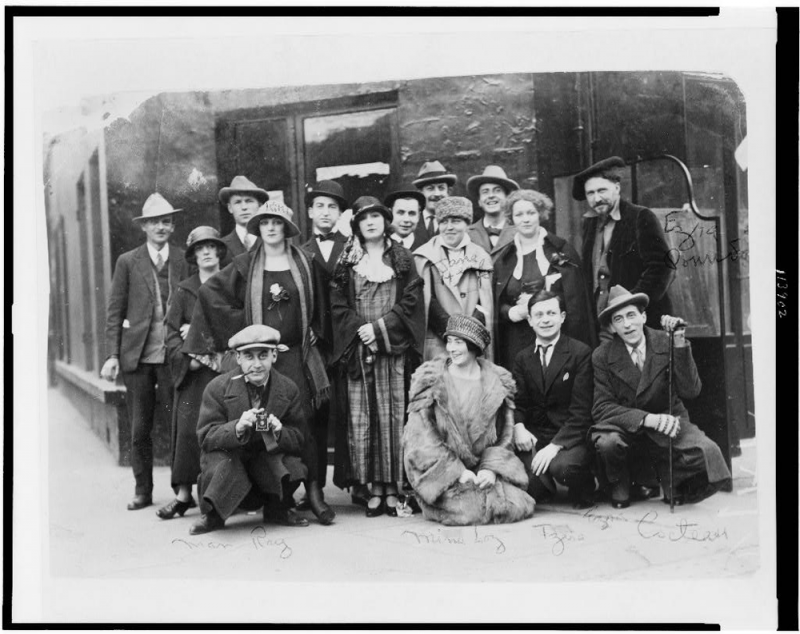
You just graduated from art school. It was an exciting and experimental time filled with conversations and making and doing. You could move to New York, but hey everyone knows that place is a misery trap. Instead, let’s get our best school friends together and start something. Something the city has never seen. Something the city needs. Something that prolongs that feeling we felt when we were hanging out in the studio making and dreaming about the day when it would be us in the (art) history books. We have the time (full-time jobs are hard to come by). We have the energy (IT’S ALL POSSIBLE). Let’s make something happen.
This narrative (one I have lived; one that has many variations) is the heart of any number of Philadelphia’s artist-run spaces and collectives. Earlier this month, New Boone (an artist collective and exhibition space) hosted a conversation to discuss the role and functionality of these projects. For me, the ‘how’ and ‘why’ of our artist-run projects felt most urgent when fed into a rightly inescapable question of: but for whom? Or more specifically, what is the responsibility of an artist project? To whom are we responsible?
As Philadelphia’s cottage industry of “DIY” artist groups and projects grow, so must our commitment to self-reflection and self-accountability. Round tables like the one that took place at New Boone are important first steps. It is critical to place the outputs and intentions of our artist projects within the context of larger ongoing conversations on diversity (across all spectrums), gentrification, and community engagement. Failing to do so only cloisters our artistic practices and perpetuates (rather than disrupts) an oppressive mass culture.
Below are four links that address the responsibility of artist projects in Philadelphia and elsewhere:
LA has been and still is a flashpoint for the gentrifying role of non-profit art spaces. Of particular note in this story is the fierce organized resistance that this exhibition space encountered from other artists and community members. For the detracting parties, there is a clear link between the founding of a non-profit art space and the inevitable dissolution of the fabric of the community. Is Philadelphia missing that strong oppositional force? Do your art spaces have a different perceived role in the gentrification process?
[ via Hyperallergic ]
The Mongrel Coalition Against Gringpo might be such an oppositional force. Last year, this Philadelphia-based group brought a full battery of aggressive online critiques to members of the conceptual poetry scene centered around Penn professor and poet Kenny Goldsmith. Their attacks were meant to expose those conceptual poetry practices that they saw as tactics of systemic white privilege and violence.
[ via gringpo.com ]
The higher education art institutions of Philadelphia are often the foundation of artist projects and spaces. Collective members often begin as classmates sharing experiences that shape the nature and output of their projects. Addressing shortcomings in our artist projects must begin with a confrontation of the privileges, homogeneity and capital motivations of our alma maters. And while pressures from both internal and external sources have forced art schools to take action on issues like racial diversity, this video project from students at RISD shows that there is still much work to be done.
[ via vimeo.com ]
It is easy to incorporate the language of inclusion and diversity into small artist projects. What is more difficult is the responsible practice of inclusion and diversity. This guide outlines the differences in these intentions and offers practical and illustrative steps forward.
[ via newhive.com ]


